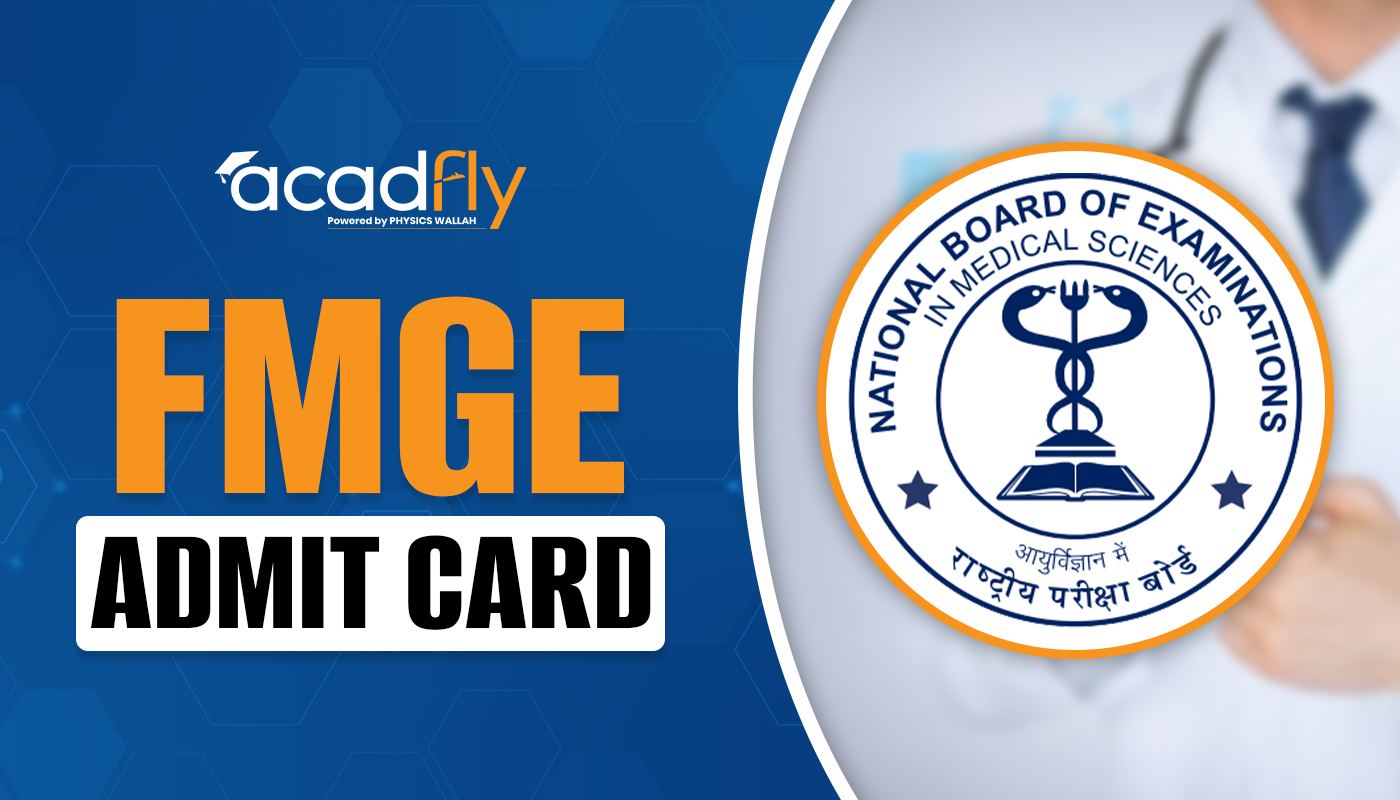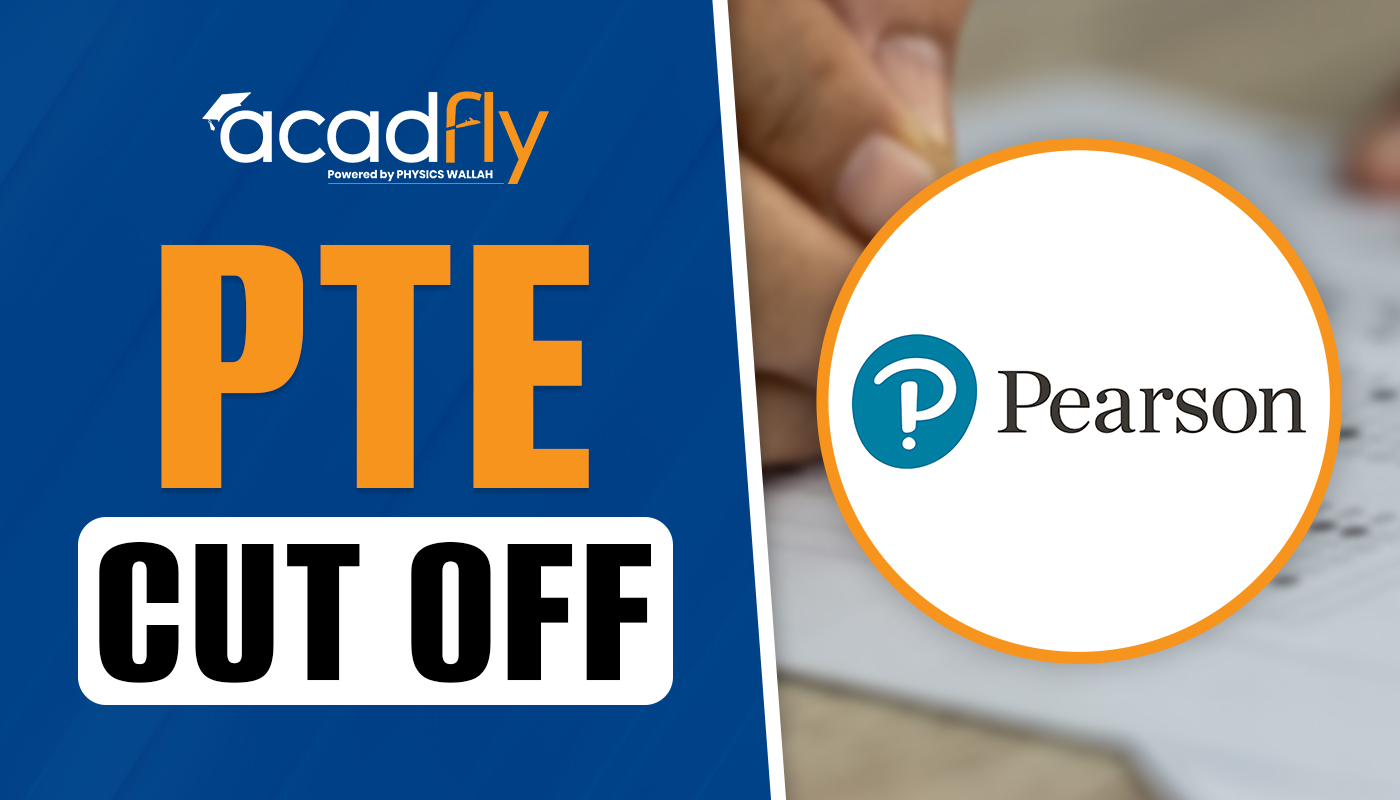
Pursuing a cybersecurity degree in Ireland offers a pathway to a rapidly growing field, essential for safeguarding digital information and systems. Understanding the cybersecurity degree requirements in Ireland is crucial for prospective students, as it ensures they meet the academic, language, and professional criteria necessary for successful admission. This guide outlines the essential requirements, including eligibility, language proficiency, top institutions, financial aid options, and the overall admission process for aspiring cybersecurity students in Ireland.
IELTS for Cybersecurity Ireland: Language Proficiency Criteria
When applying for a cybersecurity degree in Ireland, demonstrating adequate English language proficiency is essential. Most universities require a minimum IELTS score as part of their cybersecurity degree requirements in Ireland. This ensures that students can effectively communicate and comprehend the course material, which is crucial for academic success in this technical field.
Understanding the IELTS Requirement
The International English Language Testing System (IELTS) is widely accepted by Irish universities as proof of English proficiency. Generally, a minimum overall score of 6.5 is expected, with no individual band score lower than 6.0. However, specific programs may have higher requirements, so it's important to check with the individual university or program.
Preparing for the IELTS Exam
Students preparing for the IELTS should focus on developing skills in all four areas tested: listening, reading, writing, and speaking. Engaging in practice tests, enrolling in preparatory courses, and using online resources can significantly enhance your performance. A strong IELTS score not only meets the cybersecurity degree requirements in Ireland but also improves your overall application.
Alternative English Proficiency Tests
While IELTS is the most common requirement, some universities may accept alternative tests such as TOEFL or PTE. Always verify with your chosen institution about acceptable alternatives to ensure compliance with their cybersecurity degree requirements in Ireland.
Importance of Meeting Language Proficiency Criteria
Meeting the language proficiency criteria is crucial not just for admission but also for thriving in your studies. A strong command of English will aid in understanding lectures, participating in discussions, and completing assignments effectively, making it a vital aspect of the cybersecurity degree requirements in Ireland.
Top Cybersecurity Universities Ireland: Leading Institutions for Cybersecurity Education
When considering a career in cybersecurity, selecting the right institution is crucial for meeting the cybersecurity degree requirements in Ireland. Various universities in Ireland offer specialized programs that equip students with the skills and knowledge necessary to thrive in this rapidly evolving field.
|
University Name |
Location |
Program Offered |
Duration |
Key Features |
|
Trinity College Dublin |
Dublin |
MSc in Cyber Security |
1 year |
Research-driven, strong industry connections |
|
University College Dublin (UCD) |
Dublin |
MSc in Cybersecurity |
1 year |
Interdisciplinary approach, practical projects |
|
Dublin Institute of Technology |
Dublin |
BSc in Cyber Security |
3 years |
Focus on hands-on learning and real-world projects |
|
National University of Ireland Galway (NUIG) |
Galway |
MSc in Cybersecurity and Privacy |
1 year |
Emphasis on data protection and ethical hacking |
|
Limerick Institute of Technology |
Limerick |
BSc in Cybersecurity |
3 years |
Strong focus on software development and networking |
|
Munster Technological University |
Cork |
MSc in Cybersecurity |
1 year |
Industry-led curriculum with placements |
|
University of Limerick |
Limerick |
MSc in Cybersecurity |
1 year |
Research opportunities and collaborative projects |
Scholarships for Cybersecurity Ireland: Financial Support Opportunities
Pursuing a degree in cybersecurity can be a significant financial investment, and numerous scholarship options are available to help ease the burden. These scholarships are designed to support students who meet the cybersecurity degree requirements in Ireland and demonstrate exceptional potential in the field. Understanding the various financial aid options can significantly enhance your educational experience. Below are several scholarship opportunities available for students interested in cybersecurity programs in Ireland.
1. Government of Ireland Postgraduate Scholarship
The Government of Ireland offers a postgraduate scholarship aimed at supporting students pursuing research in various fields, including cybersecurity. Applicants must meet the eligibility for cybersecurity masters in Ireland and demonstrate research potential. The award amount can reach up to €25,000 per year, covering tuition fees and a living stipend. The application process requires the submission of a research proposal along with academic transcripts, and the scholarship is renewable based on satisfactory progress.
2. Cyber Ireland Scholarships
Cyber Ireland provides various scholarships for students in cybersecurity programs across the country. To be eligible, applicants must be enrolled in a recognized cybersecurity degree program. The award amount varies based on available funding, covering tuition fees and possibly providing funding for project work. The application process typically requires a personal statement and academic references, and the scholarship terms may allow for renewal.
3. University-Specific Scholarships
Many universities in Ireland offer scholarships specifically for students studying cybersecurity. Eligibility requirements generally include being accepted into a cybersecurity program and meeting the institution's criteria. The award amounts vary widely between institutions and can cover partial or full tuition fees. Interested applicants should check with individual universities for specific application procedures, and renewal terms often depend on academic performance.
4. IT Sligo Scholarships for Cybersecurity
IT Sligo offers scholarships for students enrolled in cybersecurity courses. Applicants must fulfill the cybersecurity degree requirements in Ireland to be eligible. The scholarship can provide up to €2,000, reducing tuition fees. To apply, students need to submit an application form along with supporting documents, and this scholarship is typically a one-time award.
5. Tech Sector Sponsorships
Numerous tech companies provide sponsorships and scholarships for students pursuing cybersecurity degrees. To be eligible, students generally must be enrolled in relevant degree programs. Award amounts vary by company, and the sponsorship can cover tuition, internships, and job placements. The application process often includes a commitment to work for the sponsoring company after graduation, and the terms regarding renewal depend on the specific sponsorship.
6. Women in Cybersecurity Scholarships
These scholarships support female students pursuing degrees in cybersecurity, promoting diversity in the field. Eligibility is open to women meeting the eligibility for cybersecurity masters in Ireland. Award amounts typically range from €1,000 to €5,000, covering tuition and related educational expenses. Applicants usually need to provide a personal statement and evidence of their commitment to cybersecurity, and these scholarships are typically one-time awards.
Admission Requirements for Cybersecurity Ireland: Application Process and Documentation
Pursuing a degree in cybersecurity in Ireland requires careful planning and adherence to specific cybersecurity degree requirements in Ireland. Understanding the admission process is essential for prospective students who want to ensure that they meet all necessary criteria and submit the required documentation. Below, we outline the key steps involved in the application process for cybersecurity programs in Ireland.
1. Eligibility Criteria
To be considered for admission, applicants must meet specific eligibility criteria. This generally includes holding a relevant undergraduate degree in fields such as computer science, information technology, or related disciplines. Candidates who have qualifications from non-EU countries must have their degrees assessed to ensure they meet the equivalent standards in Ireland. Additionally, relevant work experience or certifications may enhance an applicant's profile.
2. Language Proficiency
For non-native English speakers, demonstrating proficiency in English is crucial. Most universities in Ireland require proof of English language competency through standardized tests such as IELTS or TOEFL. The minimum required scores typically range from 6.0 to 7.0 in IELTS, depending on the institution. This requirement aligns with the cybersecurity degree requirements in Ireland and ensures that all students can engage effectively in their studies.
3. Document Preparation
Applicants must prepare several documents to support their applications. This includes:
-
Academic Transcripts: Official records from previous institutions, detailing the courses taken and grades achieved.
-
Personal Statement: A well-crafted statement outlining the applicant's interest in cybersecurity, career goals, and reasons for choosing the specific program and institution.
-
Letters of Recommendation: Typically, two to three letters from academic or professional references who can attest to the applicant's qualifications and potential for success in the program.
-
Resume/CV: A current resume detailing the applicant's educational background, work experience, and any relevant skills or certifications.
4. Application Submission
Once all documents are prepared, applicants must submit their applications through the relevant university application portal. Most institutions offer an online application process, which allows students to track their application status and communicate with admissions staff. It is essential to adhere to application deadlines, which may vary by institution.
5. Interviews (if applicable)
Some universities may require applicants to participate in an interview as part of the admission process. This interview can be conducted in person or online and aims to assess the candidate's motivation, understanding of cybersecurity, and suitability for the program. Preparing for the interview by reviewing relevant topics and articulating career aspirations is crucial.
6. Review and Decision
After applying, the admissions committee will review all materials, considering academic qualifications, language proficiency, and personal statements. Decisions are typically communicated within a few weeks to a couple of months, depending on the institution. Accepted students will receive an offer letter outlining the next steps in the enrollment process.
7. Enrollment Process
Once accepted, students must complete the enrollment process, which often includes paying a deposit to secure their place in the program. Additionally, students may need to provide further documentation, such as health insurance proof and visa applications (for international students), as part of the final enrollment requirements.
8. Visa Requirements (for International Students)
International students must apply for a student visa to study in Ireland. The application process involves submitting proof of acceptance into a recognized institution, evidence of sufficient funds to cover tuition and living expenses, and health insurance coverage. This visa must be obtained before arriving in Ireland.
Frequently Asked Questions
1. What are the eligibility requirements for a cybersecurity master's program in Ireland?
2. What is the minimum IELTS score required for studying cybersecurity in Ireland?
3. Which universities in Ireland offer cybersecurity degrees?
4. Are there scholarships available for studying cybersecurity in Ireland?
5. What documents are required for the admission process?









